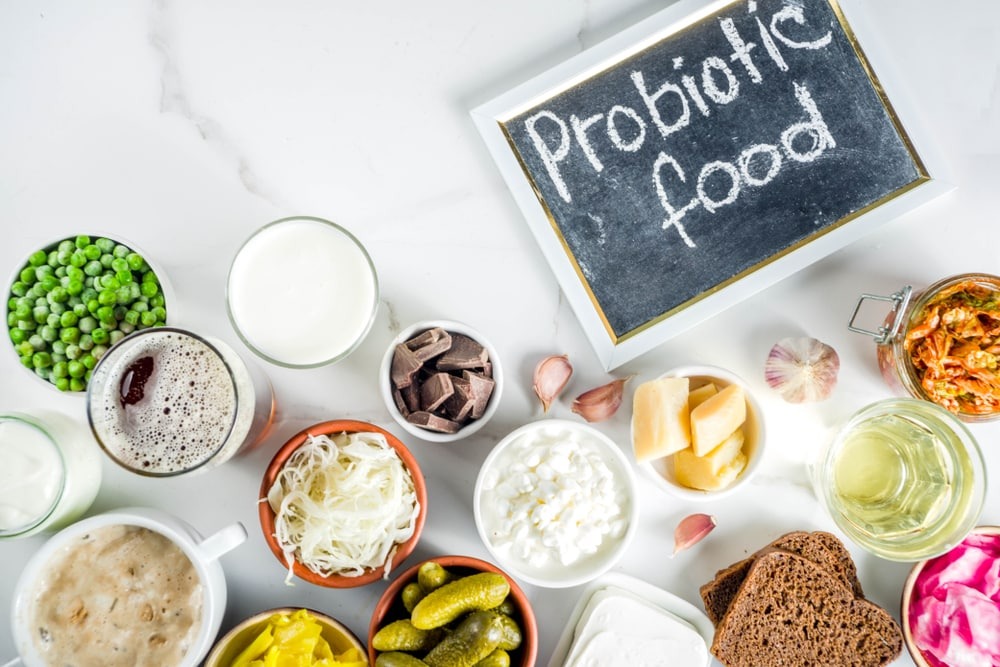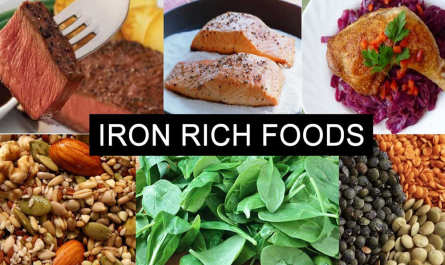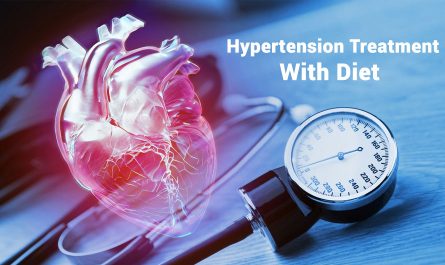Probiotic foods are foods that contain live bacteria and yeasts that are thought to have health benefits. These beneficial bacteria and yeasts are known as probiotics. They are similar to the beneficial bacteria that are found naturally in the human gut.
Some common probiotic foods include:
- Yogurt. Many types of yogurt contain live and active cultures of beneficial bacteria, including Lactobacillus and Bifidobacterium. These bacteria can help to improve digestion and support the immune system.
- Kefir. Kefir is a fermented milk drink that is made using kefir grains. These grains contain a mixture of beneficial bacteria and yeasts, including Lactobacillus kefir and Saccharomyces kefir.
- Sauerkraut. Sauerkraut is made by fermenting shredded cabbage with beneficial bacteria, such as Lactobacillus and Leuconostoc. This process produces lactic acid, which helps to preserve the cabbage and gives sauerkraut its characteristic tangy flavor.
- Kimchi. Kimchi is a traditional Korean dish made by fermenting vegetables, such as napa cabbage and radishes, with spices and beneficial bacteria, including Lactobacillus kimchii.
- Kombucha. Kombucha is a fermented tea drink that is made using a symbiotic culture of bacteria and yeasts (SCOBY). This fermentation process produces beneficial bacteria, such as Acetobacter and Gluconacetobacter, as well as acetic acid and other compounds.
In addition to these foods, probiotics are also available in the form of supplements, such as capsules, powders, and liquids. However, it is always best to get probiotics from natural sources, such as fermented foods, whenever possible.
While there is some evidence to suggest that probiotics may help with weight loss, more research is needed to fully understand how probiotics affect body weight. Probiotics are thought to work in several different ways to potentially aid weight loss, including:
- Reducing inflammation. Some types of probiotics, such as Lactobacillus rhamnosus, have been shown to reduce inflammation in the body. Chronic inflammation is thought to contribute to weight gain and obesity.
- Balancing gut bacteria. Probiotics can help to restore the balance of beneficial bacteria in the gut. This can improve digestion and reduce the production of substances that can cause weight gain, such as pro-inflammatory cytokines.
- Regulating appetite. Some studies have suggested that certain probiotics, such as Lactobacillus gasseri, may help to regulate appetite and reduce food cravings.
- Improving metabolism. Probiotics may help to improve the metabolism, which can help the body burn calories more efficiently and potentially lead to weight loss.
Overall, while probiotics may have some potential benefits for weight loss, it is important to remember that no single food or supplement can magically cause weight loss. A healthy weight loss plan should include a balanced diet, regular exercise, and other lifestyle changes. It is always a good idea to talk to your doctor before starting any new weight loss plan.



